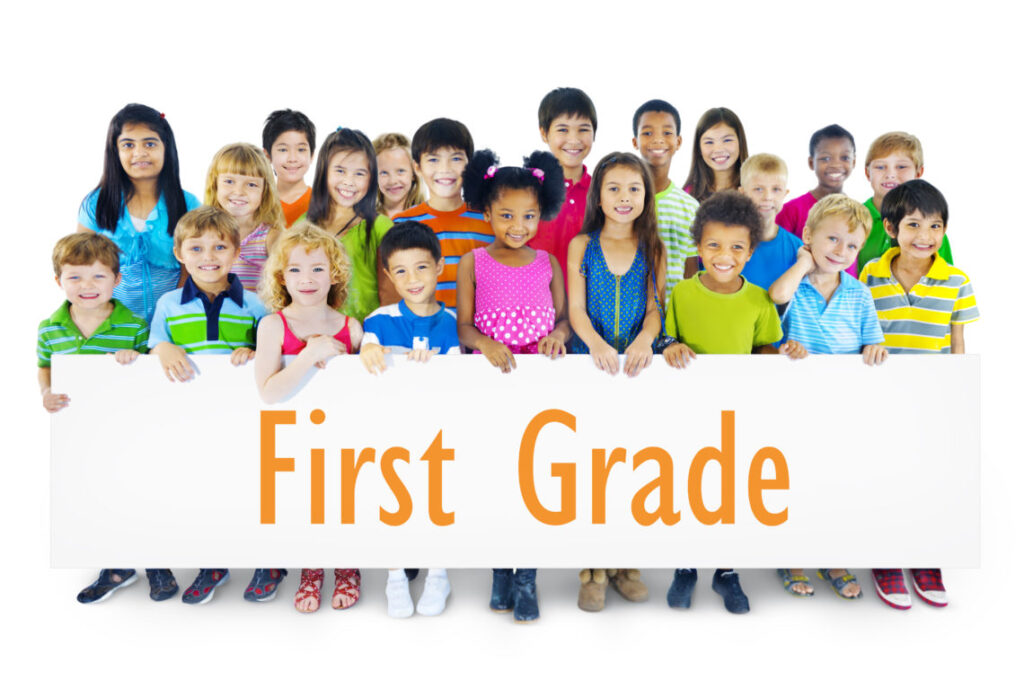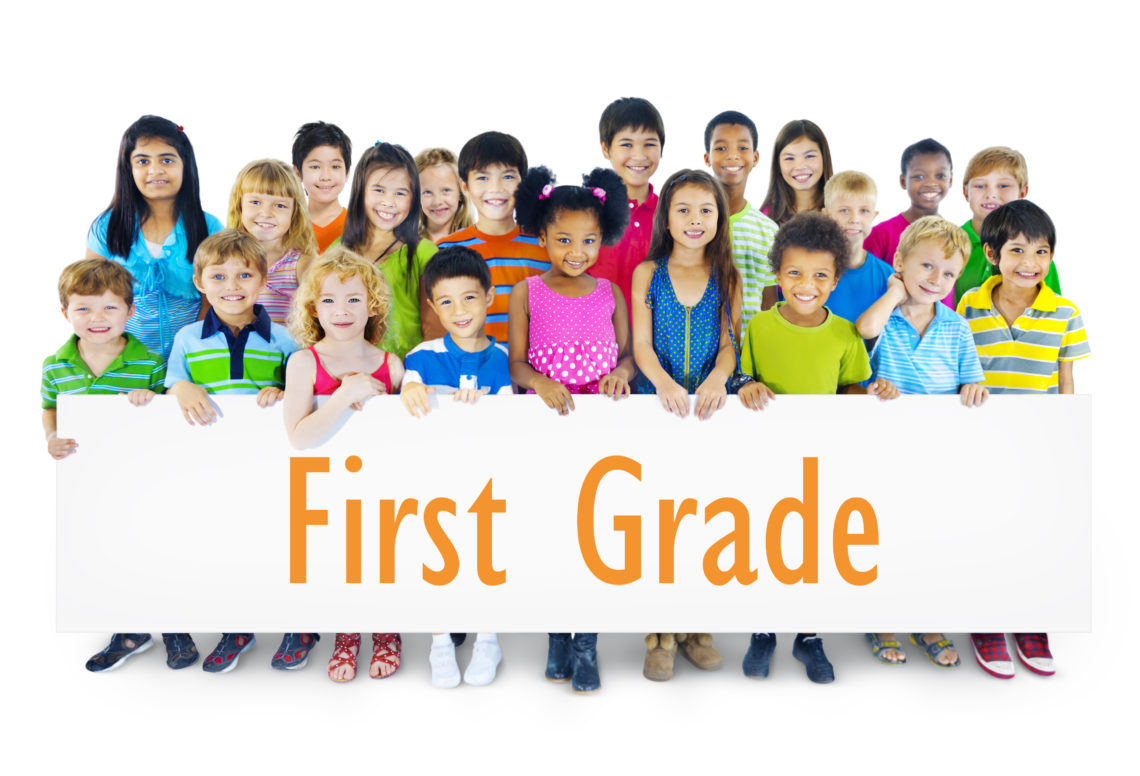
What Are 1st Graders Learning? A Comprehensive Guide for Parents and Educators
First grade marks a significant milestone in a child’s educational journey. It’s a year filled with foundational learning, social development, and the fostering of a lifelong love for knowledge. Parents and educators often wonder, “What are 1st graders learning?” This comprehensive guide provides a detailed overview of the key academic and social-emotional skills typically covered in first grade, offering insights into how you can support your child’s success.
Reading and Language Arts
Reading and language arts form the cornerstone of the first-grade curriculum. The focus is on building essential literacy skills that will serve as a foundation for future learning.
Phonics and Phonemic Awareness
First graders delve deeper into phonics, learning to decode words by understanding the relationship between letters and sounds. They learn to recognize common letter patterns, blends, and digraphs (e.g., ‘sh,’ ‘ch,’ ‘th’). Phonemic awareness, the ability to hear and manipulate individual sounds in words, is also reinforced. Activities include rhyming games, blending sounds to form words, and segmenting words into individual sounds.
Reading Comprehension
What are 1st graders learning in terms of comprehension? They begin to understand the meaning of what they read. Teachers use strategies like asking questions about the text, encouraging students to make predictions, and helping them identify the main idea and supporting details. They’ll engage with increasingly complex texts, both fiction and non-fiction.
Vocabulary Development
Expanding vocabulary is crucial in first grade. Children are exposed to new words through reading, writing, and classroom discussions. Teachers often introduce new vocabulary words before reading a story and encourage students to use these words in their own writing and speaking. Learning about synonyms and antonyms also begins. A rich vocabulary enhances reading comprehension and overall communication skills.
Writing Skills
First graders start to develop their writing skills, learning to form sentences and paragraphs. They work on handwriting, spelling, and grammar. They are encouraged to write about their experiences, opinions, and what they are learning in other subjects. The focus is on expressing ideas clearly and developing a sense of audience. Writing activities may include journaling, creating stories, and writing letters.
Mathematics
Mathematics in first grade focuses on building a strong foundation in number sense, operations, and problem-solving.
Number Sense
What are 1st graders learning about numbers? They learn to count to 120, read and write numbers, and understand place value (tens and ones). They also learn to compare numbers using terms like ‘greater than,’ ‘less than,’ and ‘equal to.’ Activities involve counting objects, using number lines, and working with base-ten blocks.
Addition and Subtraction
First graders develop fluency in addition and subtraction within 20. They learn various strategies for solving addition and subtraction problems, such as counting on, counting back, using manipulatives, and memorizing basic facts. They also begin to understand the relationship between addition and subtraction. Word problems are introduced to help students apply their math skills to real-world situations.
Geometry and Measurement
What are 1st graders learning in geometry? They learn to identify and describe basic shapes (e.g., circles, squares, triangles, rectangles, cubes, cones, cylinders). They also learn about spatial relationships (e.g., above, below, beside). Measurement activities involve comparing lengths, weights, and volumes using non-standard units (e.g., blocks, paper clips). They also learn to tell time to the hour and half-hour.
Science
Science in first grade introduces students to the natural world and encourages them to explore and ask questions.
Life Science
First graders learn about living things, including plants and animals. They learn about the basic needs of living things (e.g., food, water, shelter) and how they grow and change. They also learn about different habitats and how animals adapt to their environments. Activities may include planting seeds, observing animals, and conducting simple experiments.
Physical Science
What are 1st graders learning in physical science? They explore basic concepts like matter, energy, and motion. They learn about different states of matter (solid, liquid, gas) and how they can change. They also learn about different forms of energy (e.g., light, heat, sound) and how they are used. Simple experiments are conducted to demonstrate these concepts.
Earth Science
First graders learn about the Earth and its features. They learn about the different parts of the Earth (e.g., land, water, air) and how they interact. They also learn about weather patterns and how they affect our lives. Activities may include observing the weather, creating weather charts, and learning about different types of landforms.
Social Studies
Social studies in first grade introduces students to concepts related to community, citizenship, and history.
Community and Citizenship
What are 1st graders learning about their community? They learn about the different roles people play in a community (e.g., teachers, doctors, firefighters) and how they contribute to the well-being of others. They also learn about the importance of being a good citizen, following rules, and respecting others. Activities may include role-playing, discussions, and community service projects.
History
First graders are introduced to basic historical concepts, such as past, present, and future. They learn about important historical figures and events, often focusing on local history and traditions. They also learn about different cultures and how people live in different parts of the world. Activities may include reading historical stories, creating timelines, and learning about different cultures through music, art, and food.
Social-Emotional Learning
Beyond academics, first grade is a crucial time for social-emotional development. First graders learn to manage their emotions, build relationships, and make responsible decisions.
Self-Awareness
Children learn to identify their own emotions and understand how they affect their behavior. They also learn about their strengths and weaknesses and how to set goals.
Self-Management
What are 1st graders learning about managing themselves? They learn to manage their impulses, control their emotions, and persevere through challenges. They also learn about the importance of self-discipline and following rules.
Social Awareness
Children learn to understand the perspectives of others and empathize with their feelings. They also learn about different cultures and how to respect diversity.
Relationship Skills
First graders learn to build and maintain healthy relationships with their peers and adults. They learn how to communicate effectively, cooperate with others, and resolve conflicts peacefully.
Responsible Decision-Making
Children learn to make responsible decisions by considering the consequences of their actions and choosing the best course of action. They also learn about the importance of honesty, fairness, and respect.
Supporting Your 1st Grader’s Learning
Parents and educators play a vital role in supporting a 1st grader’s learning. Here are some tips:
- Read aloud to your child every day.
- Provide opportunities for your child to practice reading and writing.
- Engage your child in math activities, such as counting, measuring, and problem-solving.
- Encourage your child to explore the world around them and ask questions.
- Create a supportive and encouraging learning environment.
- Communicate regularly with your child’s teacher.
Understanding what are 1st graders learning is essential for providing effective support and guidance. By working together, parents and educators can help first graders develop the skills and knowledge they need to succeed in school and in life. The focus on foundational skills like reading, writing, and math, combined with social-emotional development, creates a well-rounded learning experience. Continual engagement and support are key to ensuring a positive and successful first-grade year. Remember to foster a love for learning and celebrate every milestone achieved.
[See also: How to Help Your Child With Reading Comprehension]
[See also: Fun Math Games for First Graders]
[See also: Building Social Skills in Elementary School]

